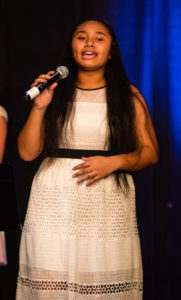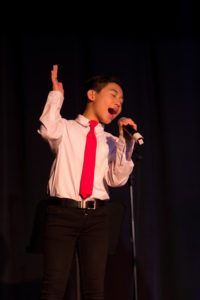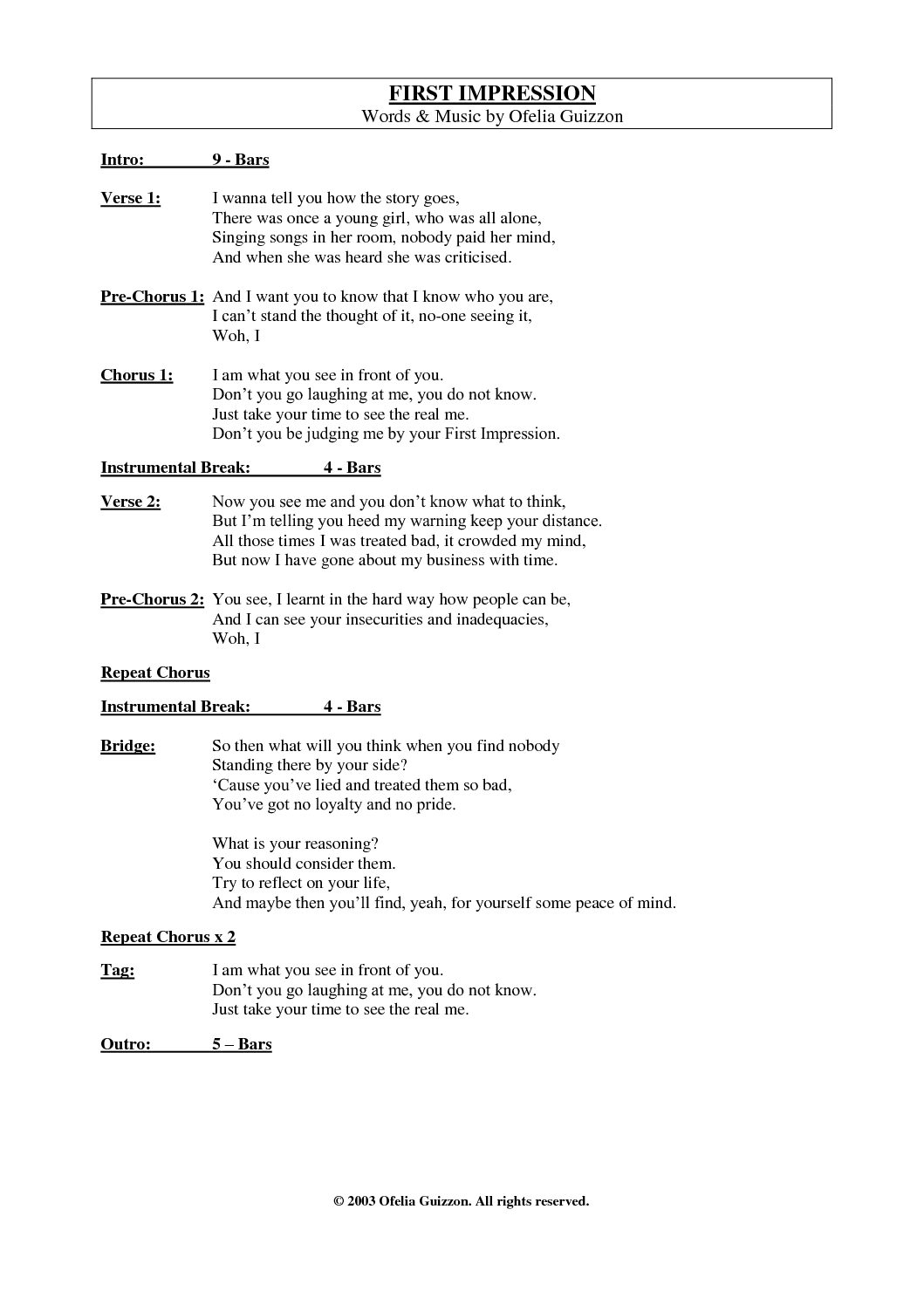When learning a new song, consider the following seven points in your approach:
1. Song Lyrics
2. Melody
3. Song Structure
4. The theoretical implications of the song
5. The dramatic and emotional elements of the lyric requiring response from the voice and the singer
6. Music Genre
7. Personal Interpretation
1. Song Lyrics
Word processing or writing out the lyric of the song is an important step in studying the song. The following article shows you how to do this.
The lyric of a song is written with purpose and is sung by the vocalist so there is an expectation that it be sung clearly and with feeling so that the messsage or story of the song is conveyed, so pay attention to the diction and phrasing of the lyric. When it comes to phrasing, you can write your breathing marks on the lyric sheet using a tick or ‘. This is very good practise so that when you have your lyric sheet on a music stand and your are practising the song, you can instantly see where you are supposed to breathe without having to rely on your memory. By the time you can sing the song without the lyric sheet, simply by muscle memory, you will naturally breathe with the correct phrasing.
The importance of song lyrics can be dependant on the style of song. If you are singing a dance piece, the lyric will more than likely be less important than if you were singing an inspirational ballad.
2. Melody
The melody of the song is made up of phrases of pitch and rhythm. Listen to the song and break it down into sections. Learn the melody of one section at a time e.g. start with the first section of the song. If it is the verse, learn the melody of the verse first, then learn the next section until you have learnt the entire song.
3. Song Structure
The form and shape of the whole piece will be evident when looking at your song lyric sheet. Be aware of the flow of sections so you know what section follows what.
A song can contain some or all of the following sections:
– Introduction
– Verse
– Pre-Chorus
– Chorus
– Bridge
– Instrumental Interlude
– Tag/Outro
4. The theoretical implications of the song
Understanding the musical elements of the song helps not only assists you in learning the song but also comes in handy when working with other musicians.
Know the following components of the song:
– The key that you perform it in
– Your starting note
– How many bars before you start singing
– Consider having a chord chart or band charts for the song
5. The dramatic and emotional elements of the lyric requiring response from the voice and the singer
This is when you pull from your tool belt of vocal qualities and techniques to add depth, emotion and conviction to your vocal performance. You can use dynamic changes (singing softly or loudly), belt, various levels of twang, vocal fry, whispering, speech, vocal tilting, melismas and the list goes on…
6. Music Genre
The style of your performance is dictated by what music genre the song belongs or you are interpreting the song as. Contemporary genres of music such as pop, R’n’B, music theatre, blues, reggae, rock etc have a their own style which differentiates one from the other. Be aware of the stylist elements of the song you are singing.
7. Personal Interpretation
Your personal response to the piece is important because this is what ensures your performance is unique and worth taking notice of. If you are singing a cover, you can sing it exactly like the recording artist or give it your own interpretation. With us all being unique from one another, a singer will naturally add in their own style when singing a cover especially once they are familiar and comfortable singing the song.
Once you understand these elements, then it’s all about practise and repetition and ingraining the lyric of the song so you can confidently perform the song focusing on how you want to convey the song rather than worrying about what section is next or what the next word is.





